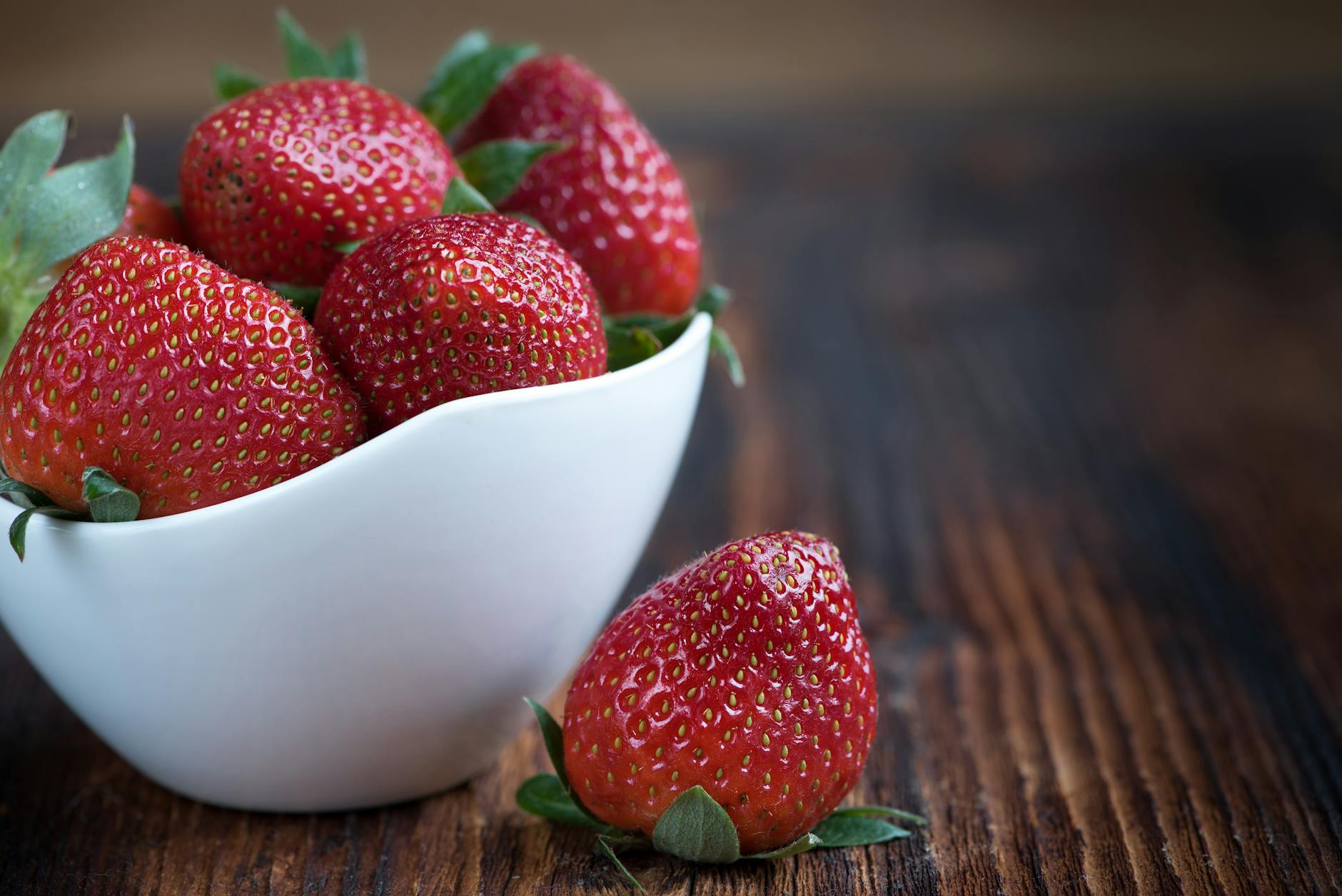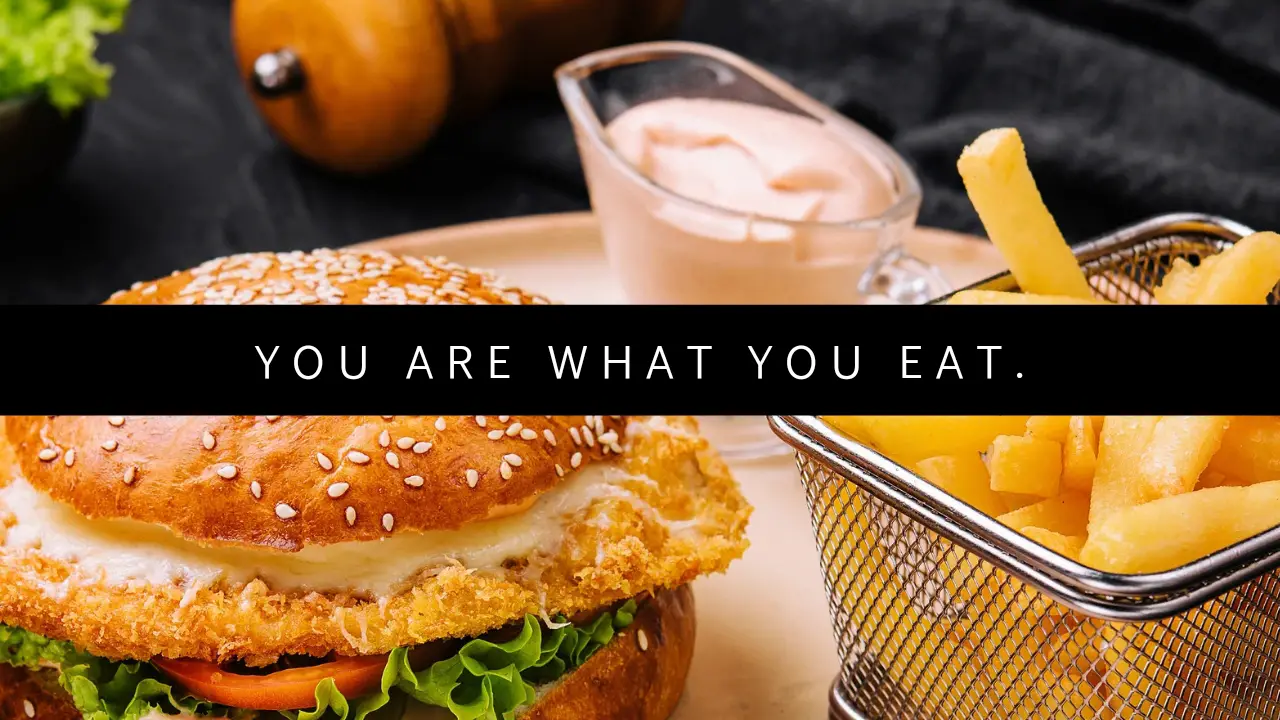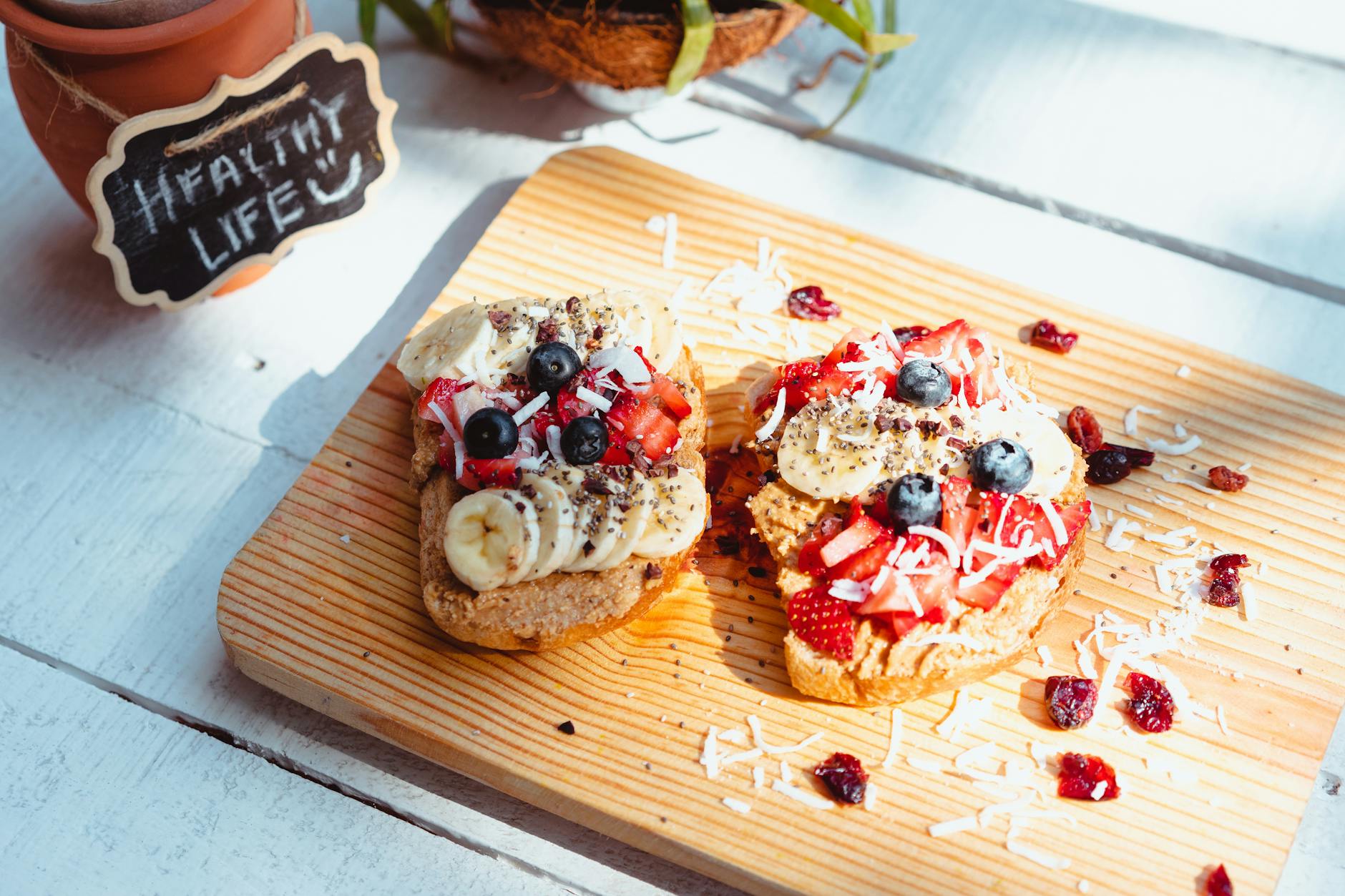Eating seeds is a simple yet effective way to enhance your overall health and well-being. Seeds are packed with essential nutrients, vitamins, and minerals that contribute to various aspects of your health. From supporting heart health to providing a rich source of antioxidants, seeds offer numerous benefits.
In this blog, we explore 10 key advantages of incorporating seeds into your diet.
- Nutrient-Rich: Seeds are packed with essential nutrients, including vitamins, minerals, and antioxidants, contributing to overall health.
- Heart Health: Eating seeds can benefit heart health due to their high content of omega-3 fatty acids, fiber, and antioxidants. Omega-3 can help lower blood pressure and reduce inflammation, while fiber promotes healthy cholesterol levels. Additionally, antioxidants in seeds may protect the heart by combating oxidative stress. Incorporating a variety of seeds, such as flaxseeds, chia seeds, and pumpkin seeds, into your diet can contribute to a heart-healthy lifestyle.
- Fiber Content: Seeds are an excellent source of dietary fiber, promoting digestive health and helping to maintain a healthy weight. Most importantly they help keep your blood glucose levels in check.
- Protein Source: Seeds provide a plant-based protein option, crucial for muscle repair, immune function, and overall body maintenance.
- Energy Boost: The combination of healthy fats, proteins, and carbohydrates in seeds can provide a sustained energy release, making them a great snack option.
- Blood Sugar Regulation: Eating seeds, like chia seeds or flaxseeds, can help regulate blood glucose levels due to their high fiber content. Fiber slows down the digestion and absorption of carbohydrates, leading to a gradual release of glucose into the bloodstream, which helps in maintaining stable blood sugar levels. Additionally, seeds contain nutrients like magnesium and omega-3 fatty acids that may contribute to improved insulin sensitivity.
- Bone Health: Seeds contain minerals like calcium, phosphorus, and magnesium, supporting bone health and reducing the risk of osteoporosis.
- Antioxidant Properties: The antioxidants in seeds help combat oxidative stress, protecting cells from damage and potentially lowering the risk of chronic diseases.
- Weight Management: Eating seeds can be a healthy addition to your diet as they are rich in nutrients, fiber, and healthy fats. While they can contribute to a feeling of fullness, ultimately, weight loss depends on overall calorie intake and lifestyle factors.
- Brain Health: Omega-3 fatty acids found in certain seeds support cognitive function and may contribute to a lower risk of age-related cognitive decline.
What seeds are edible?
Numerous seeds are edible and commonly included in a balanced diet. Here are some examples:
- Sunflower Seeds: Rich in healthy fats, protein, and vitamin E.
- Chia Seeds: Packed with omega-3 fatty acids, fiber, and antioxidants.
- Flaxseeds: High in omega-3 fatty acids, fiber, and lignans.
- Pumpkin Seeds (Pepitas): Good source of magnesium, iron, and zinc.
- Sesame Seeds: Contain calcium, iron, and beneficial antioxidants.
- Hemp Seeds: Provide a complete protein source and omega-3 fatty acids.
- Quinoa: Technically a seed, it is a complete protein and a good source of fiber.
- Watermelon Seeds: Nutrient-rich, including protein, healthy fats, and iron.
These seeds can be consumed on their own, added to dishes, or used in cooking and baking to enhance nutritional value. Always ensure seeds are clean and properly prepared before consumption.
Example of a recipe with seeds
Chia Seed Pudding with Berries:
Ingredients:
- 1/4 cup chia seeds
1 cup almond milk (or any preferred milk)
1 tablespoon maple syrup or honey
1/2 teaspoon vanilla extract
Mixed berries (strawberries, blueberries, raspberries) for topping
Sliced almonds for garnish (optional)
Instructions:
In a bowl, combine chia seeds, almond milk, maple syrup (or honey), and vanilla extract.
Whisk the mixture thoroughly to ensure the chia seeds are well distributed. Let it sit for a few minutes.
Whisk again after 5 minutes to prevent clumping, then cover the bowl and refrigerate for at least 2 hours or overnight.
Stir the mixture one more time before serving to achieve a pudding-like consistency.
Spoon the chia seed pudding into serving bowls or glasses.
Top with a generous amount of mixed berries and sliced almonds for added texture.
Drizzle with additional honey or maple syrup if desired.
Serve chilled and enjoy a delicious, nutrient-packed chia seed pudding loaded with antioxidants and Omega-3 fatty acids.
This recipe is not only easy to prepare but also a healthy and satisfying option for breakfast or a snack.
Smoothies recipe with seeds
Berry Banana Seed Smoothie:
Ingredients:
- 1 cup mixed berries (strawberries, blueberries, raspberries)
- 1 ripe banana
- 1 tablespoon chia seeds
- 1 tablespoon flaxseeds
- 1 cup spinach leaves (optional for added nutrition)
- 1 cup almond milk (or any preferred milk)
- 1/2 cup Greek yogurt
- Ice cubes (optional)
Instructions:
- Add mixed berries, banana, chia seeds, flaxseeds, spinach (if using), almond milk, and Greek yogurt to a blender.
- Optionally, add a handful of ice cubes for a colder and thicker consistency.
- Blend all the ingredients until smooth and creamy.
- Taste and adjust the sweetness if needed by adding a touch of honey or maple syrup.
- Pour the smoothie into a glass and sprinkle additional chia seeds or berries on top for garnish.
Enjoy a refreshing and nutrient-packed smoothie with the goodness of seeds, fruits, and greens.
Feel free to customize the recipe by adding other seeds like hemp seeds or pumpkin seeds for variation. This smoothie is a delicious and convenient way to incorporate seeds into your diet.
Discover more from Simple Nutrition
Subscribe to get the latest posts sent to your email.


